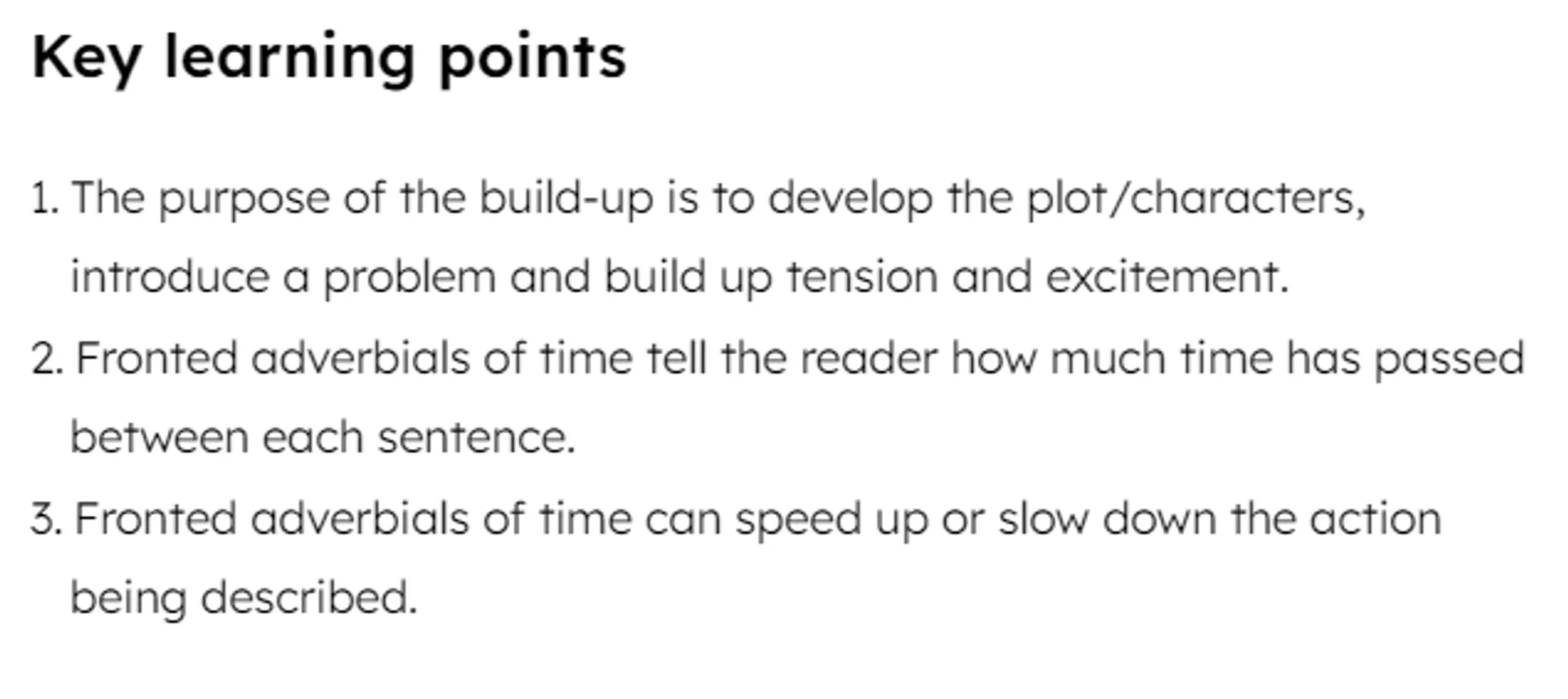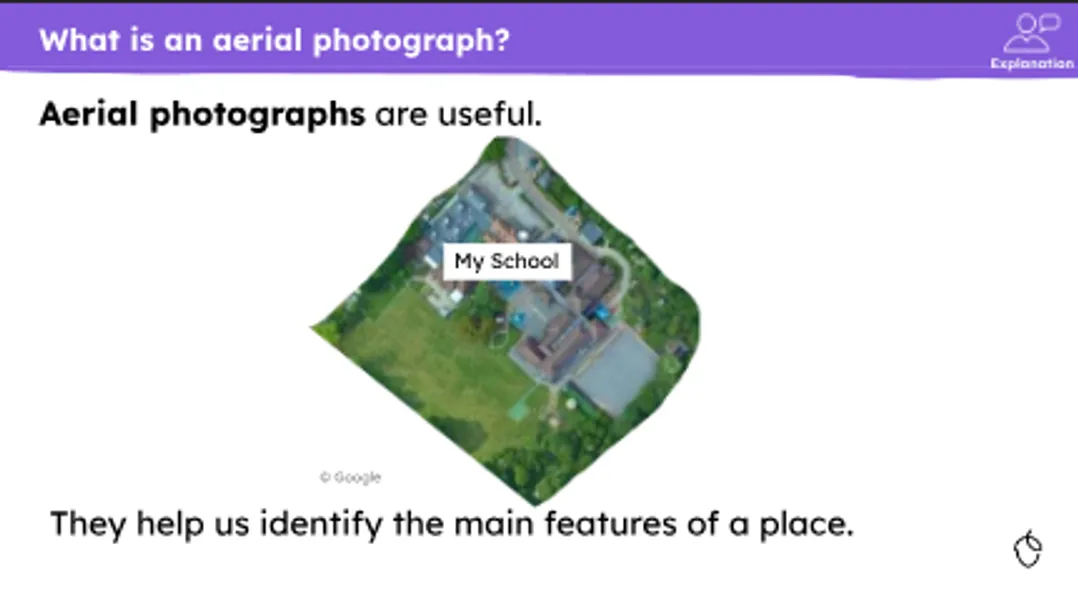
Categories
Lesson planning
30 May 2024Lesson objective examples

Melanie McGhee
School Support Officer
Whether you’re creating lesson objectives for your everyday lessons, an interview lesson or an observation, it can be helpful to start with some great models to look at. In this blog, we share all you need to know, including lesson objective examples.
How to create a lesson objective
We’ve created sequenced teaching resources with helpful information and tips that you can use as a starting point for planning and resourcing your lessons.
This includes a lesson objective (or learning outcome as we call it), common misconceptions and keywords.
Our learning outcomes describe what pupils should know or be able to do by the end of a lesson. Written as a short sentence beginning 'I can', to encourage pupil ownership, any outcome or objective should be part of a sequenced learning journey.
But how do you create a lesson objective or outcome when lesson planning that can help secure clear outcomes and success for pupils?
An effective lesson objective should be:
- Focussed on what pupils will know or should be able to do by the end of the lesson
- Written for pupils. When ‘I’ statements are used they recognise that they are the force acting on their learning1
- Use words and phrases that relate to what pupils will learn in the lesson
- Support the knowledge and vocabulary taught in the lesson
Using learning outcomes with key learning points
When you click into a set of our teaching resources, you’ll see that we use 'key learning points' alongside the lesson objective (or learning outcome). These describe the knowledge taught in the resources we provide.
For example, our KS1 English unit of Writing the build-up of ‘Lucky Dip'
explores how the plot and characters are developed in a story. It explores the build-up of tension and excitement and how words help to convey these feelings.
Our suggested learning outcome for the first lesson in the unit lesson on this topic is: I can write the build-up of ‘Lucky Dip’.
Alongside this outcome, are these key learning points:
- The purpose of the build-up is to develop the plot/characters, introduce a problem and build up tension and excitement.
- Fronted adverbials of time tell the reader how much time has passed between each sentence.
- Fronted adverbials of time can speed up or slow down the action being described.
Our adaptable teaching resources support the teaching of these key learning points. If you use them in your classroom, it is helpful to have these in hand when you question your pupils during the lesson.
Lesson objective examples
Lesson objectives can differ depending on the pupil’s age, the type of lesson, and its location within the unit of study. At the beginning of the unit of study, pupils will explore the concepts in depth, intending to apply the learned knowledge and skills in small stages as they progress through the unit.
Let’s look at some examples of lesson objectives.
Example of lesson objectives for geography
One of the most challenging types of lesson objectives to create are those that link to school-specific units of study, like a local study in geography.
For this example, we could look at our year 1 unit of study, ‘Our school from above'.
You could use resources from the unit to plan a lesson that looks at investigating your school and surroundings with this lesson objective:
I can find the features of my school grounds on an aerial photograph and a map.
This topic must be contextualised to fit your geographical location, giving you the opportunity to highlight the uniqueness of your local area and promote inclusivity.
You can easily adapt the teaching resources to fit your setting by adding images from Google Maps or Street View.
How to adapt our teaching resources to your school
Our teaching resources can be adapted to meet the needs of your pupils and tailored to your current school curriculum plans.
You can access sequenced teaching resources, including:
- A slide deck you can download and adapt
- Adaptable worksheets for independent practice in the class or at home
- Lesson information, including learning outcome, keywords and misconceptions to be aware of
- A quiz that activates and assesses prior knowledge to use as a starter or homework prior to the lesson
- A quiz that assesses understanding to use at the end of the lesson or as homework
- A video run-through of the lesson (to boost your subject knowledge and share lesson delivery tips)
Key takeaways:
- ‘Lesson objective’ is another way of saying ‘lesson outcome’. There are different names that different educational settings might use. Your lesson outcome is the thing you want pupils to be able to do, or know, by the end of your lesson.
- Your lesson outcome should build towards a wider unit of work within your curriculum.
More like this:
- What are learning objectives?
- How to plan a subject curriculum
- Creating your lesson objectives
- Tips to help you plan a lesson
Sign up for email updates
Sign up below to be kept updated on our latest curriculum developments and other helpful content by email. Unsubscribe at any time. Read our privacy policy.



